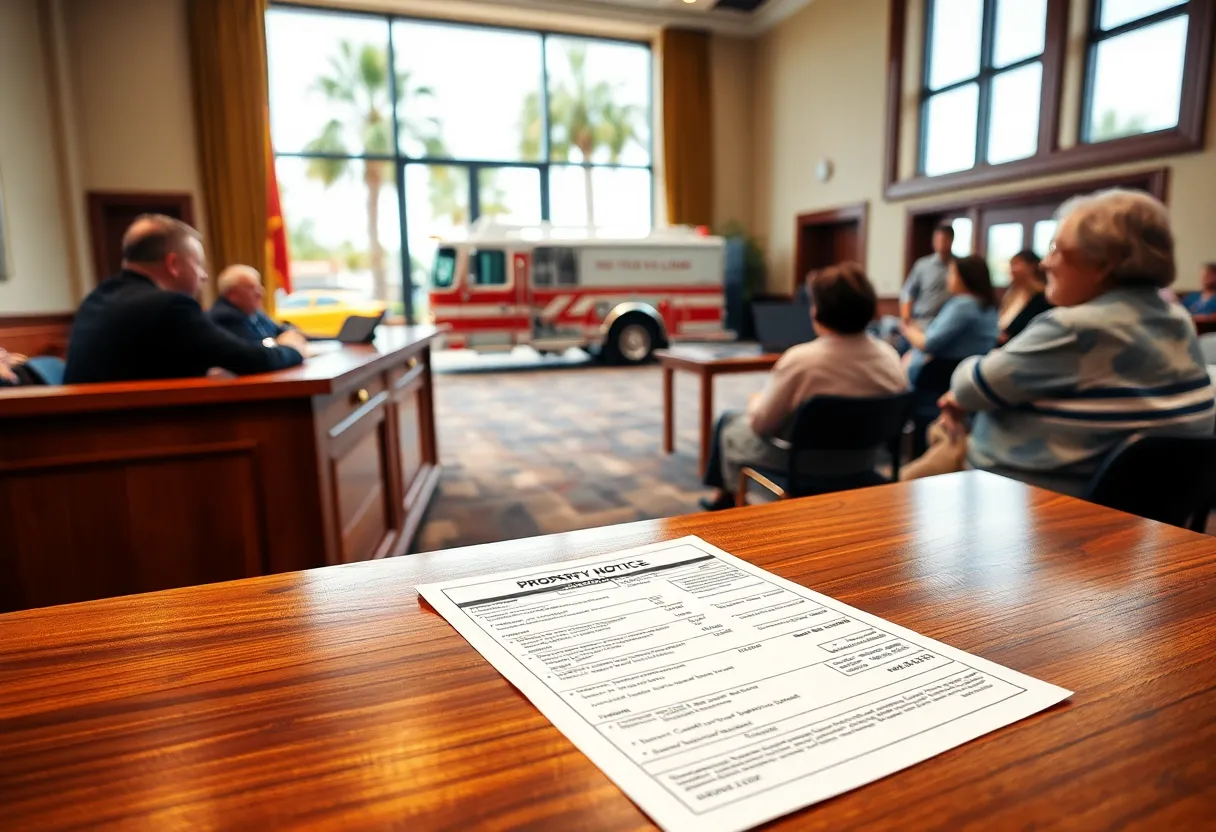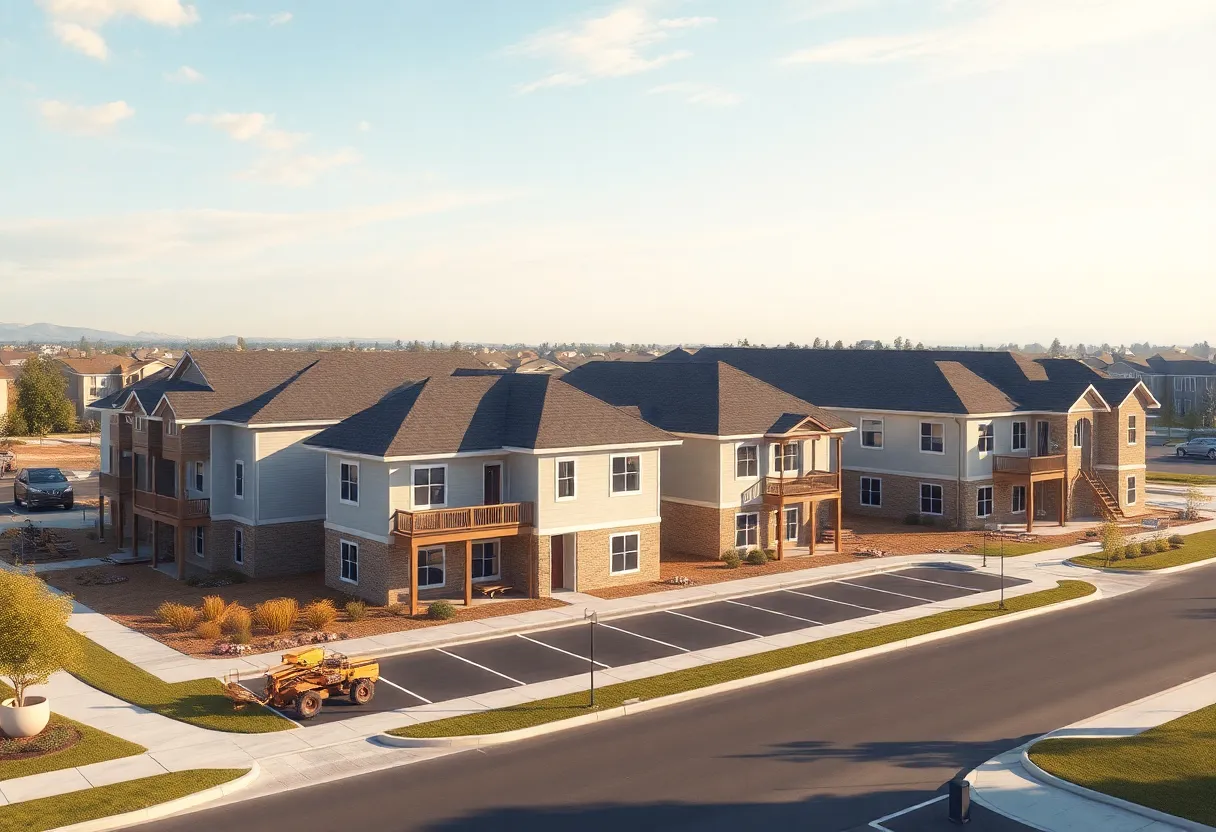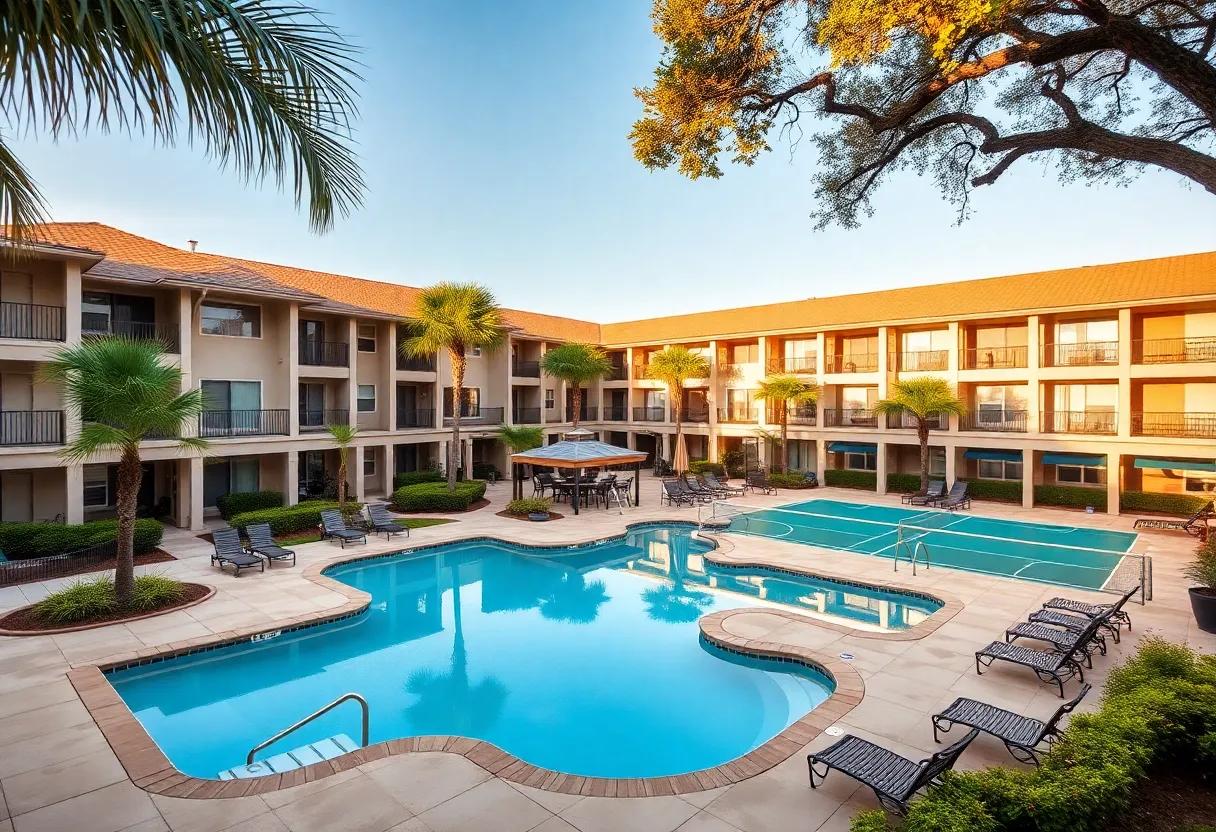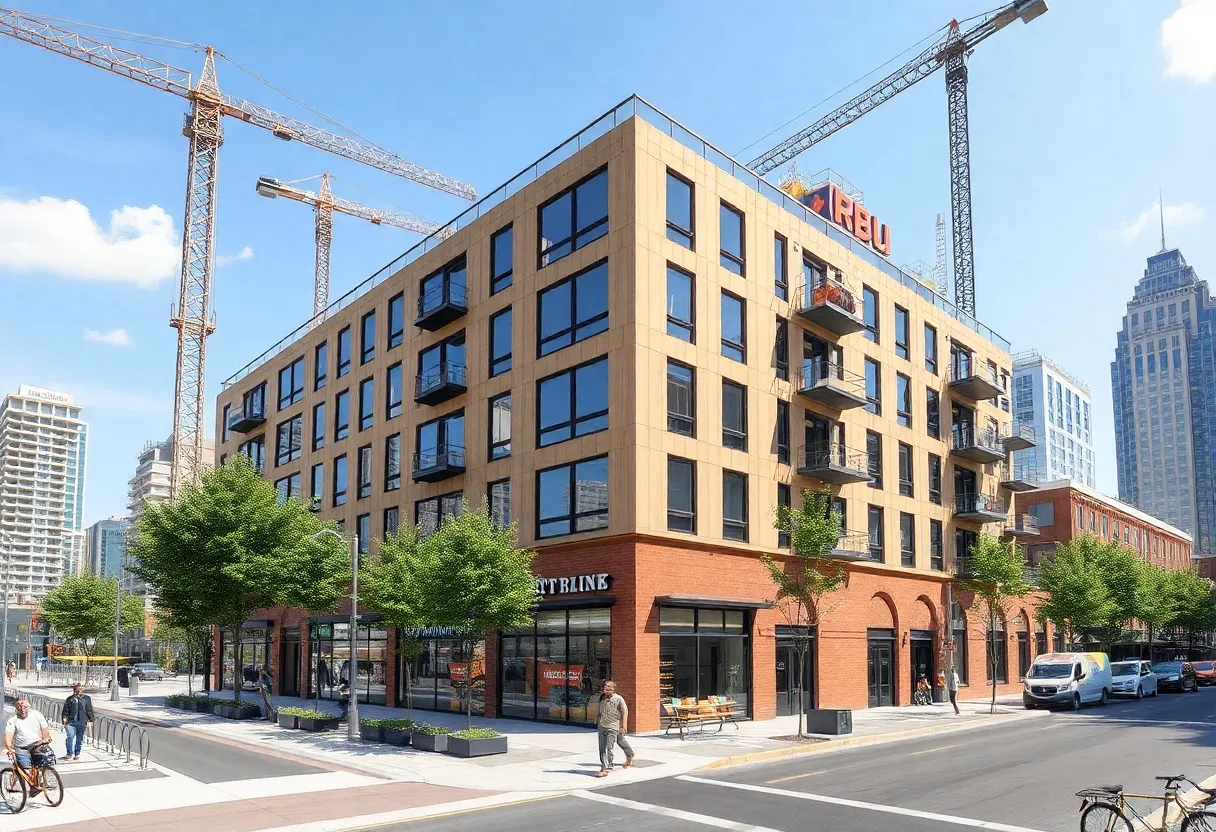Cape Coral, Florida, August 29, 2025
News Summary
Cape Coral city council approved a set of non‑ad valorem assessments to appear on property tax bills, including revised lot‑mowing district rates, a stormwater charge increase to $156, and a move to 81% fire protection cost recovery. The change raises the average single‑family home fire assessment by about $91, with Tier 1 set at $349.32 and Tier 2 charged per EBU at $3.47. Combined rolls are projected to generate roughly $37.7 million. Officials also addressed mandatory utility hookups under the Utilities Extension Project and available financial assistance options amid resident concerns.
Cape Coral Council Approves FY2025–26 Non‑Ad Valorem Assessments; Fire Recovery Rate Raised to 81% as Utilities Hookup Costs Stir Concern
Cape Coral city council approved a set of non‑ad valorem assessments for Fiscal Year 2025–26 that will appear on property tax bills, including updated rates for lot mowing, an increased stormwater charge and a higher fire protection cost recovery rate. The measures together are projected to generate about $37,703,217.10 from the approved assessment rolls. Separately, residents raised concerns about mandatory hookups and the cost of the ongoing Utilities Extension Project (UEP).
Top-line decisions and financial impact
The council gave final approval to the annual lot‑mowing assessments, a stormwater assessment increase to $156 per year (up from $149), and a fire protection assessment raising the city’s cost recovery from 70% to 81%. The fire assessment change is expected to raise the average single‑family home’s annual charge by roughly $91.
Lot‑mowing program: scope and rates
The lot‑mowing program covers mowing, invasive vegetation removal, pepper tree removal and burrowing owl nest trimming on enrolled unimproved lots. The program schedules up to 13 mows a year for vacant parcels in four districts, running from February through December. Rates are calculated using a 5,000 square foot equivalent lot as the unit. District rates for a single 5,000‑sq‑ft equivalent lot for FY2025–26 are:
- District 1: $70.48 (reduced by $15.94 from the prior rate)
- District 2: $48.05 (increase of $3.28)
- District 3: $51.44 (increase of $4.12)
- District 4: $44.63 (increase of $1.42)
A standard parcel equals two lots. Annual assessments for a standard parcel are: District 1 $140.96 (down $31.88); District 2 $96.10 (up $6.56); District 3 $102.88 (up $8.24); District 4 $89.26 (up $2.84). City leaders noted that revenues from these assessments also pay for debris removal on unimproved lots, and that FEMA does not reimburse debris and vegetation cleanup on privately owned vacant parcels after hurricanes.
Stormwater and general assessment roll details
The annual stormwater assessment was increased to $156 to support expanded operations and maintenance of stormwater infrastructure. The council approved annual assessment rolls covering various utility contributions, potable water, wastewater and irrigation, and a roll to collect certain delinquent accounts and previously exempted irrigation assessments. The approved rolls are expected to bring in just over $37.7 million.
Delinquent accounts on the roll include deferred assessments for seven properties (15 deferred accounts) totaling $354,203.34, delinquent hardship assessments for 18 properties totaling $116,408.44, and a delinquent contribution‑in‑aid loan for one property of $7,751.67. The council also approved a roll to collect assessments for 22 properties that had been incorrectly coded and improperly exempted from the North 1 West Irrigation assessment.
Fire protection assessment raised to 81%
The council increased the fire protection assessment cost‑of‑recovery from 70% to 81%, with a 7–1 vote. The assessment funds readiness, station maintenance, equipment and staffing and deposits into the city’s General Fund so remaining operational costs can be covered through normal budgeting. The adopted structure includes two tiers: Tier 1 provides 24‑hour availability per parcel, including vacant lots, and Tier 2 charges improved parcels based on structure value using Equivalent Benefit Units (EBUs). Under the new rate, Tier 1 per parcel is $349.32 and the Tier 2 rate per EBU is $3.47. The average single‑family home is calculated at $529.76 at 81% cost recovery versus $438.48 at 70%.
Major projects funded by the assessment include a $9.5 million rebuild of Fire Station 5, a $1.375 million direct exhaust system, funding for 19 additional positions, facility maintenance of $635,000, generator work of $810,000, and a $390,000 rescue truck. One councilmember voted against the increase; multiple residents expressed concern about the rising assessment burden and suggested alternative funding approaches such as revisiting impact fees.
Utilities Extension Project (UEP) — hookups and resident concerns
Some homeowners in Northeast Cape Coral are being required to connect to city water under the UEP. Notices have prompted concern over mandatory hookup costs, with individual examples showing very large expenses for connecting to city water and running service lines to the home. Reported figures include one homeowner notified of connection costs near $36,000, and another saying the initial estimate more than a decade ago was $12,000, now said to be about $35,000. Contractors’ estimates for running service lines to a home were cited in the $4,000–$6,000 range. The city gives property owners six months to hook up after notice, and will waive the $325 meter installation fee if the inspection is completed within 90 days. Financial assistance options include Community Development Block Grants and grants to a housing development corporation of up to $2,000. The council was set to vote on fast‑tracking the UEP and on accelerating the North 6 area to complete the project up to five years earlier than planned.
Weather and marine advisory details
A marine weather statement noted a strong thunderstorm over the waters capable of winds near 30 knots and nearly stationary southwest of Chokoloskee; mariners were advised to seek safe harbor as gusts and localized higher waves were possible. The statement was classified as observed and expected to last a short interval in the morning.
What’s next
Property owners will see these non‑ad valorem assessment charges on upcoming tax bills. Those affected by mandatory utility hookups should review their notices, explore available financial assistance and confirm inspection timelines to qualify for fee waivers. Council actions on accelerating the UEP and continued city budget planning will influence future assessments and project timelines.
Frequently Asked Questions
Q1: What is a non‑ad valorem assessment?
A non‑ad valorem assessment is a fee placed on the property tax bill to cover specific services or improvements that benefit particular properties, such as lot mowing, stormwater management or fire protection.
Q2: How will the fire assessment change affect my bill?
The fire protection assessment was raised to 81% cost recovery. The average single‑family home is estimated to pay about $529.76 per year under the new rate, roughly $91 more than the prior year estimate.
Q3: What if I own a vacant lot?
Vacant lots enrolled in the lot‑mowing program will be assessed based on district rates using a 5,000‑sq‑ft equivalent. Lot owners may be charged for mowing, invasive vegetation removal and related debris cleanup.
Q4: Can I get help paying for a mandatory utility hookup?
Financial assistance options include Community Development Block Grants and local grants of up to $2,000 made available to help with utility connections. Check the city’s assistance application process and deadlines.
Q5: What happens if I do not hook up to city water after a notice?
The city requires hookups within specified time frames after notice. Failure to comply may result in enforcement actions and continued assessment of fees. Homeowners should contact city utilities for details and possible exceptions.
Key Features at a Glance
| Assessment Type | FY2025–26 Rate / Change | Example Impact | Main Purpose |
|---|---|---|---|
| Lot Mowing (District 1) | $70.48 per 5,000 sq ft (Standard parcel $140.96) | Standard parcel down $31.88 | Mowing, invasive removal, owl trimming, debris cleanup |
| Lot Mowing (Districts 2–4) | District 2: $48.05; District 3: $51.44; District 4: $44.63 | Small increases per district | Mowing and vegetation management |
| Stormwater | $156 annually (up from $149) | Supports increased O&M for stormwater lines | Infrastructure maintenance and service expansion |
| Fire Protection | 81% cost recovery (up from 70%) | Average single‑family home ~$529.76 (+~$91) | Staffing, station rebuilds, equipment, maintenance |
| UEP Hookups | Varies by property; reported homeowner estimates up to $36,000 | Mandatory hookups; potential contractor costs $4k–$6k | Extend city water and sewer to neighborhoods |
| Total Approved Revenue | $37,703,217.10 projected from assessment rolls | ||
Deeper Dive: News & Info About This Topic
Additional Resources
- Cape Coral Breeze: City council sets fees for lot mowing and more
- Wikipedia: Property tax (context on assessments and local levies)
- Cape Coral Breeze: Cape Coral raises assessment for fire services
- Google Search: Cape Coral fire protection assessment 81%
- FOX 4 Now: Northeast Cape Coral homeowners worry over high water hookup fees
- Google Scholar: Cape Coral utility hookup costs
- WINK News: Cape Coral’s water project raises cost concerns
- Encyclopedia Britannica: Water infrastructure (context on project costs and impacts)
- FOX 4 Now: Cape Coral speeds up water project by five years
- Google News: Cape Coral Utilities Extension Project





